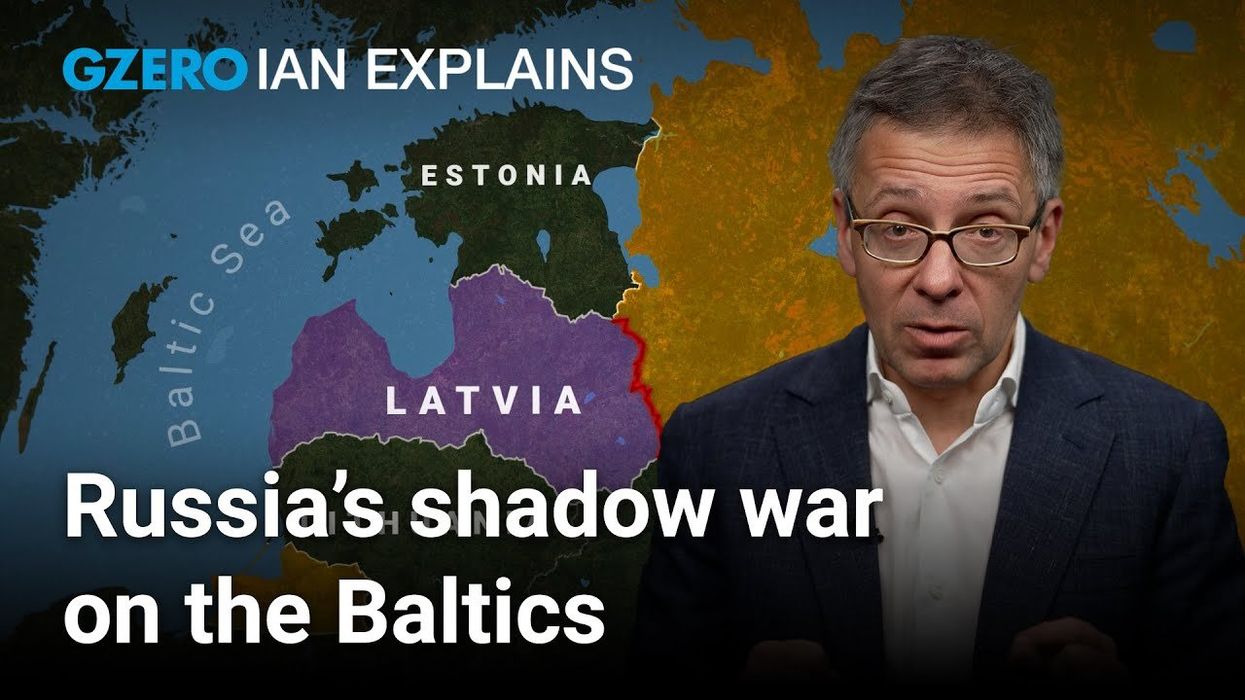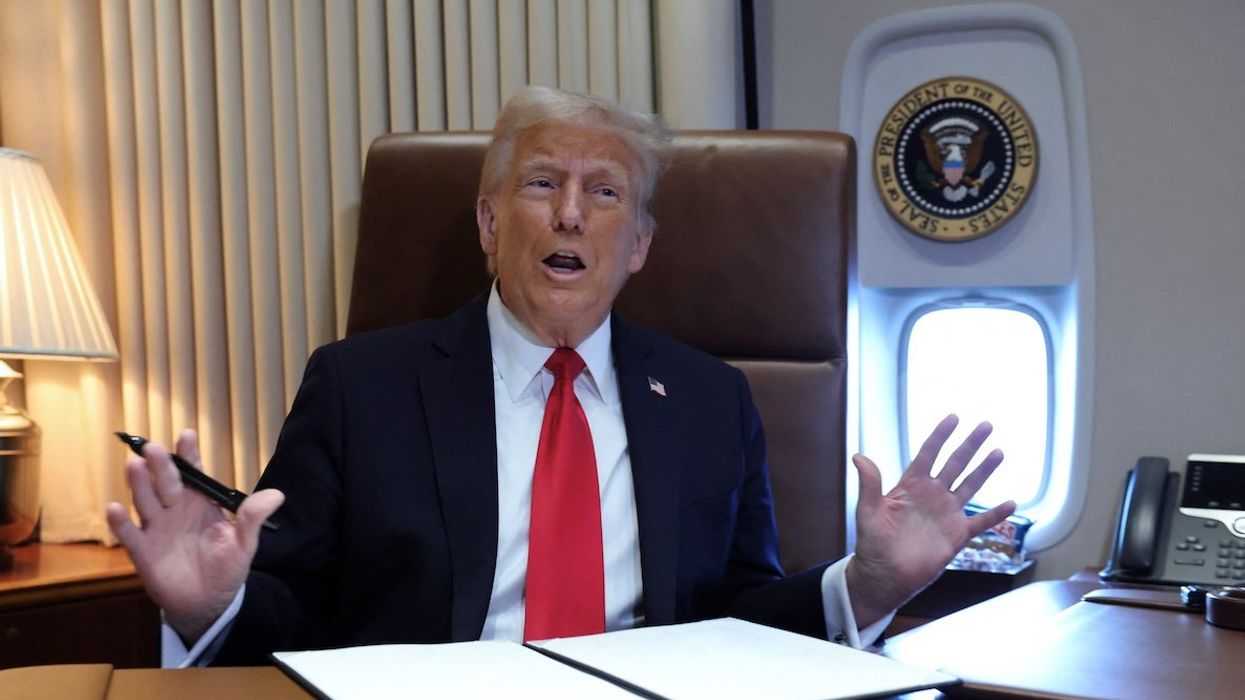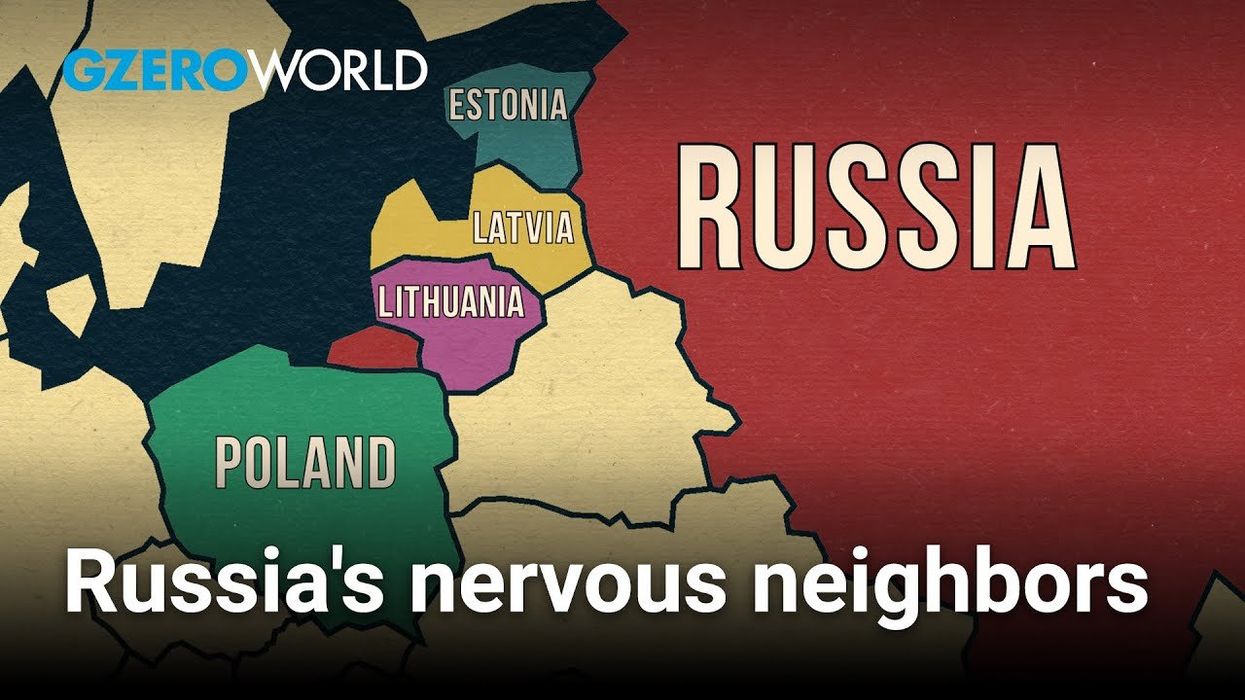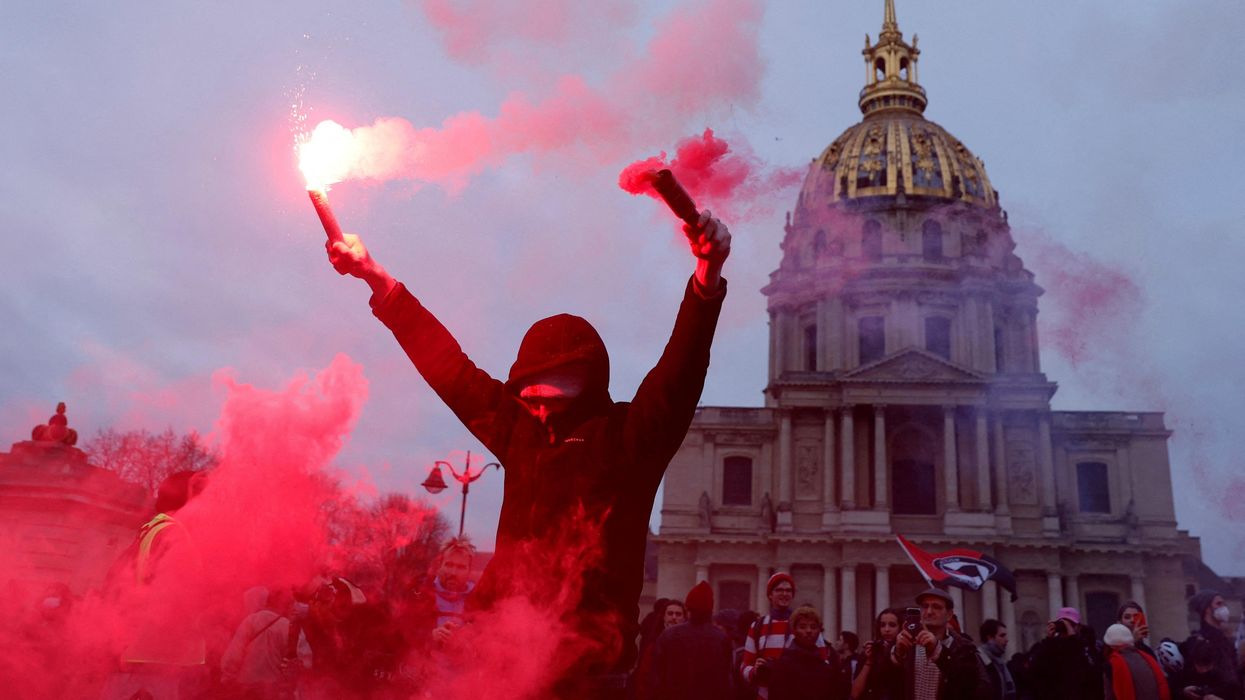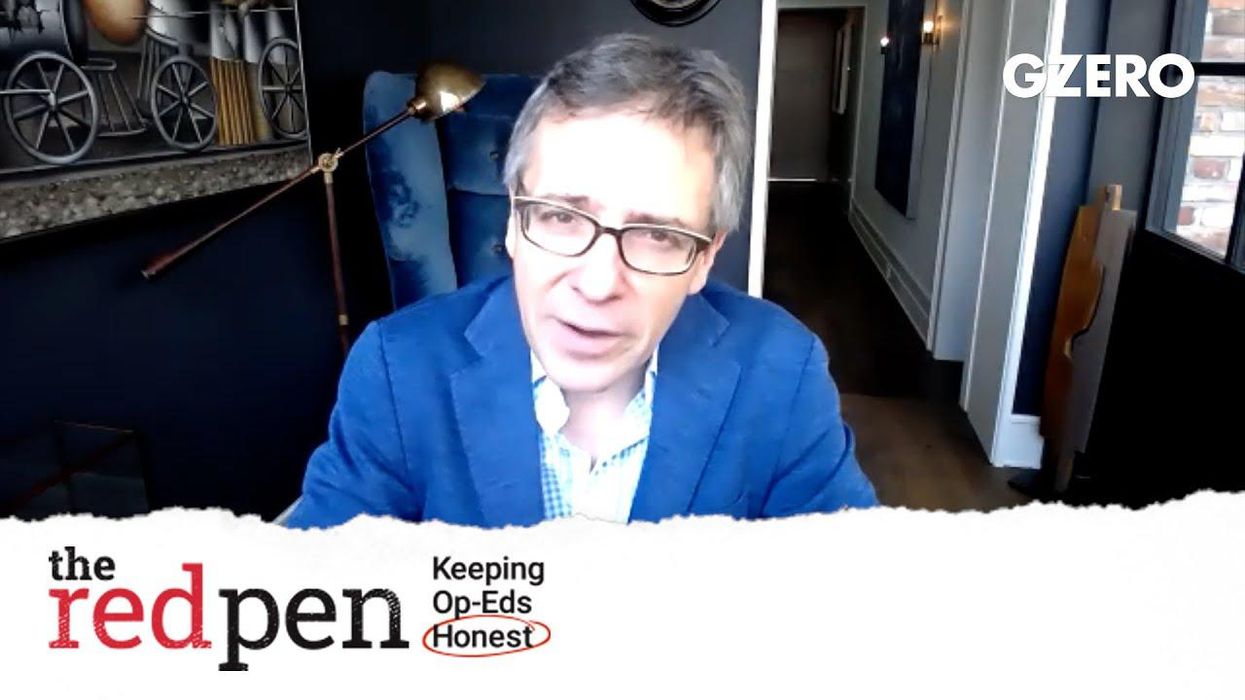Ian Explains
Russia’s next target? Why the Baltics are wary of Putin
Deep underwater in the Baltic Sea, Russia is showing just how far it's willing to go to assert its regional influence. On Ian Explains, Ian Bremmer looks at Putin's shadow war beyond the battlefields in Ukraine.
Feb 28, 2025
